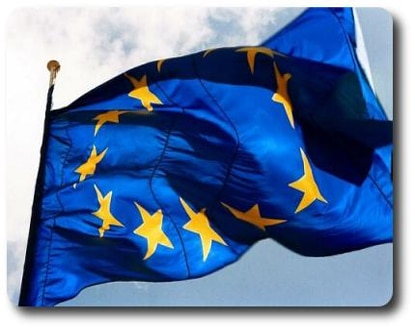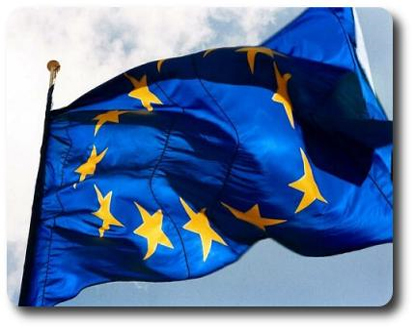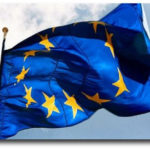The German philosopher Jürgen Habermas discussed the present and future of Europe during a conference at the 23rd International Congress of Philosophy. He stated that “governments that have imposed austerity programs must take responsibility for the consequences.” Habermas also noted that to avoid the rise of nationalism, there must be a real sensitivity towards cooperative politics.

Thanks to the success of European unity, both divided and reunified Germany is evidently in the interest of the Federal Republic to ensure nothing changes in this regard.
This unwavering stance means that Angela Merkel’s government imposes its anti-crisis roadmap while the European Central Bank’s bond-buying policy provides it with unspoken support.
Even though she represents only one of the 28 member states, Angela Merkel can assert German national interests unhindered, or at least those she perceives as such.
The German government benefits from the country’s economic dominance, even disproportionately so. This fictitious sovereignty is quite convenient because it spares the strongest partner from having to consider the negative repercussions its policies may have on the weaker partners.
A situation that Mario Draghi [the president of the ECB] denounced a year ago, stating that “it is neither legitimate nor viable for some countries to conduct economic policies that could harm the economies of other Eurozone member states.”
It cannot be repeated enough: the suboptimal conditions in which the Eurozone operates today are attributable to the design flaw of an incomplete political union. Only a common or at least coordinated budgetary, economic, and social policy would level these disparities in the medium term.
Unfortunate predicament
European policy is at an impasse: an institutional reform – which will take time – is necessary, however unpopular it may be. We are not talking about trivial matters but a project in which Europe’s most eminent statesmen have invested considerable efforts for more than half a century.
Any sensible political solution should avoid persisting in short-term strategies and behind-closed-doors bickering over details, which is currently the way of proceeding.
Is Europe in disarray? There are exceptional situations where the insight and imagination, courage, and sense of accountability of those in power influence the course of events.
Europe must shape its roadmap at its discretion without obfuscation and paternalism.



